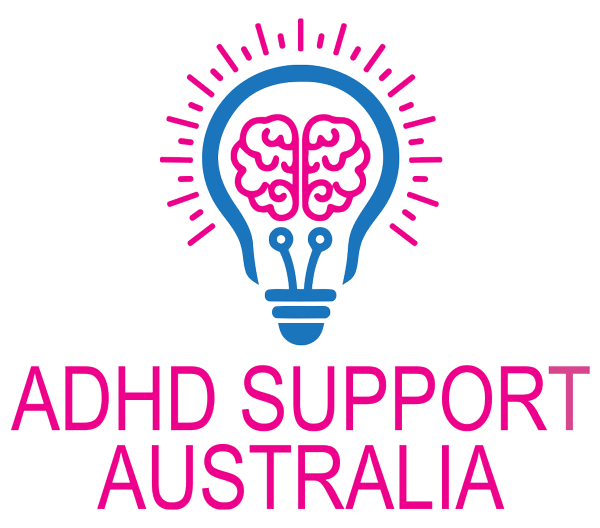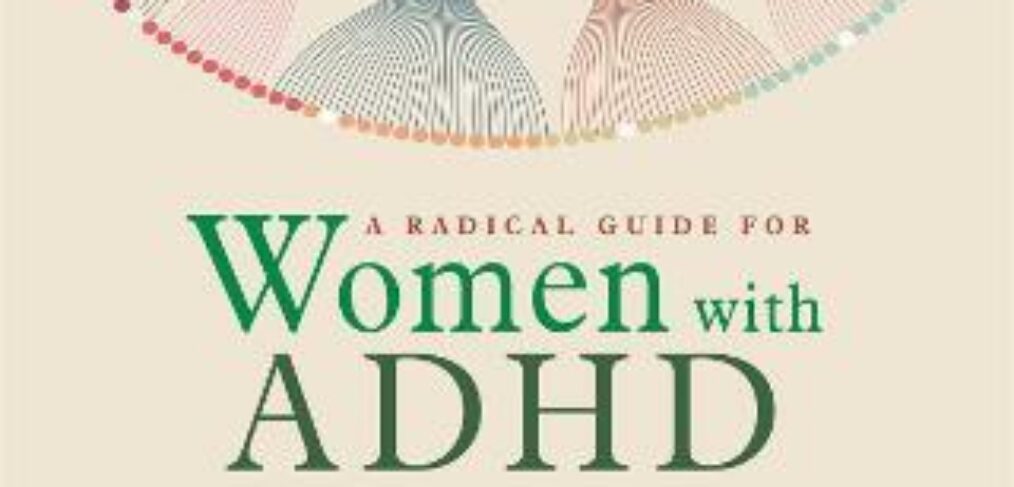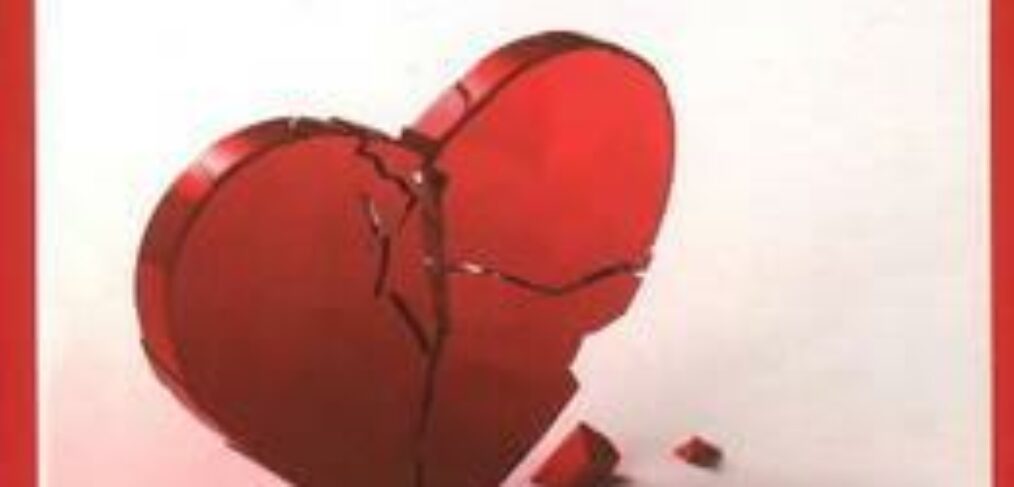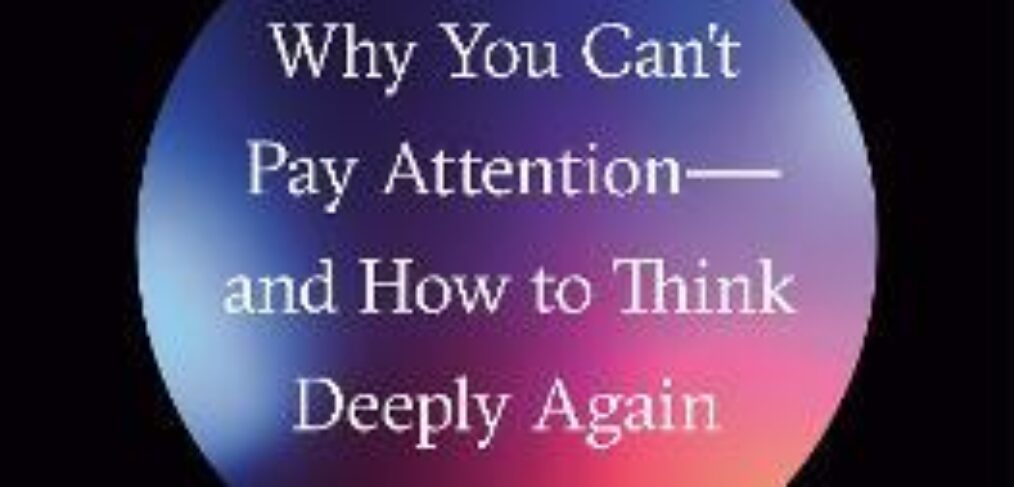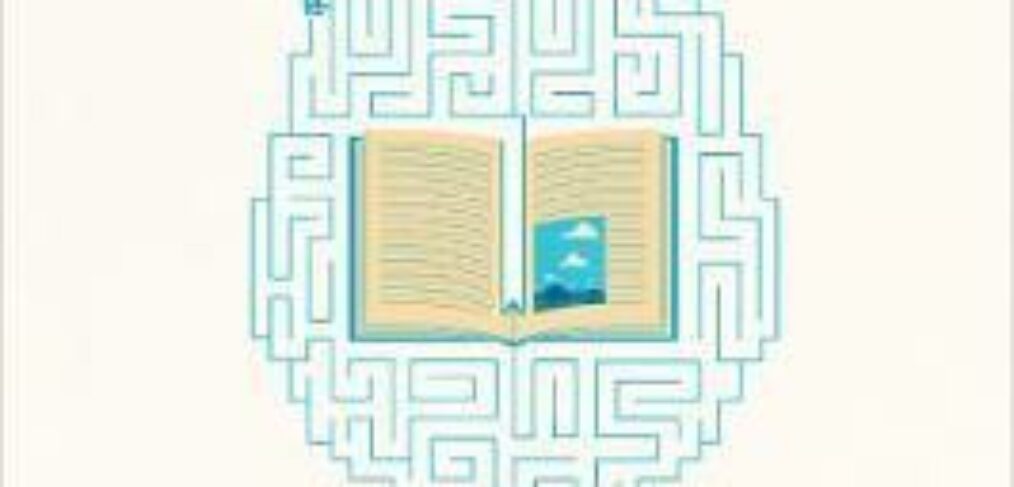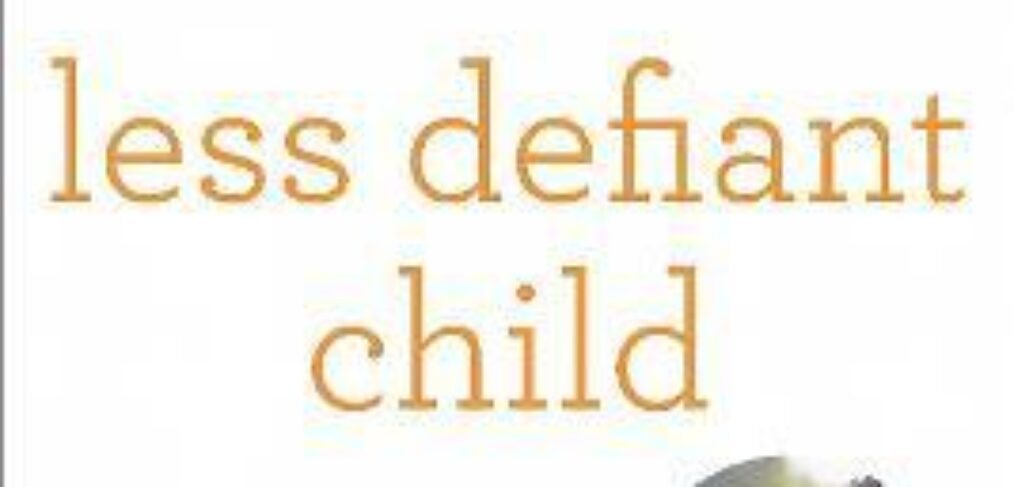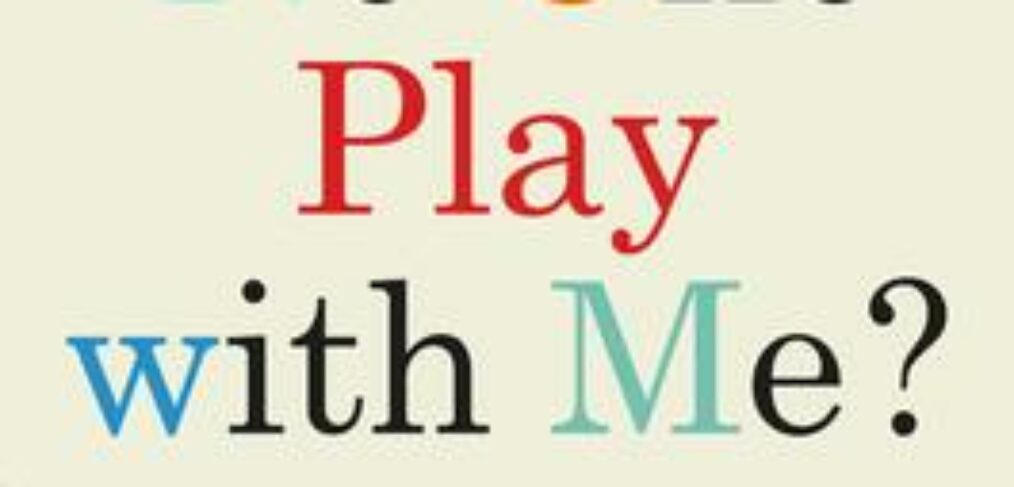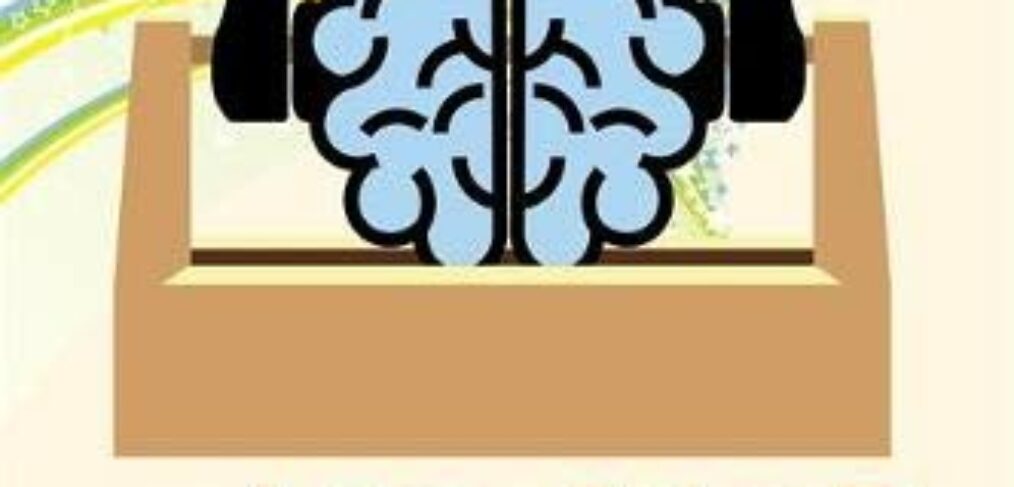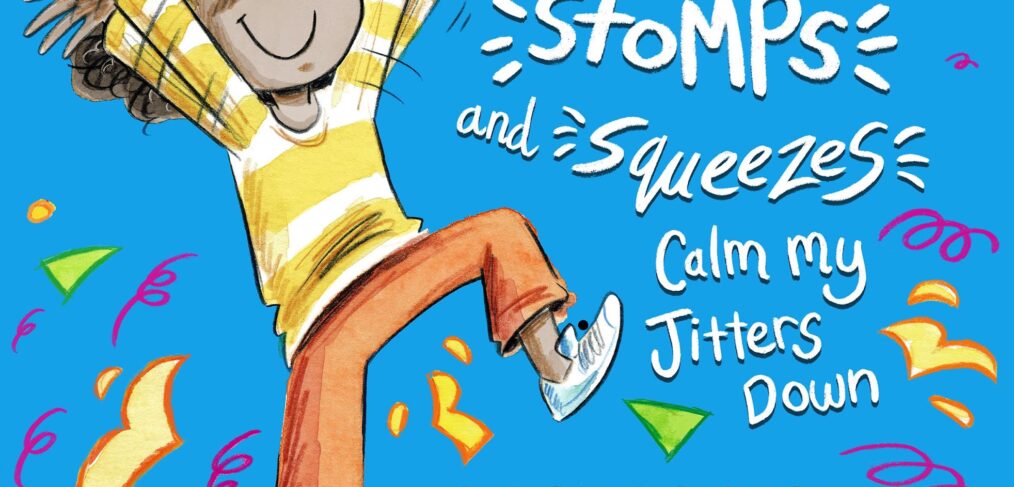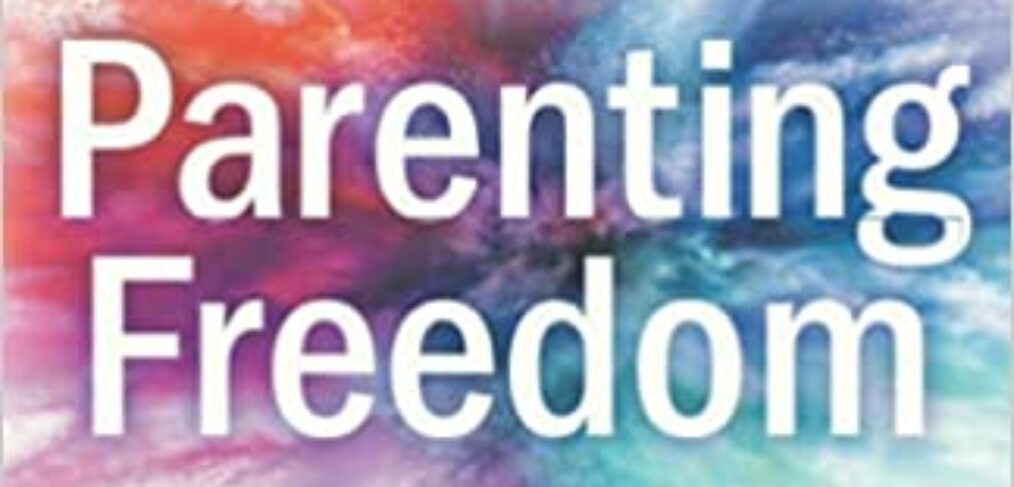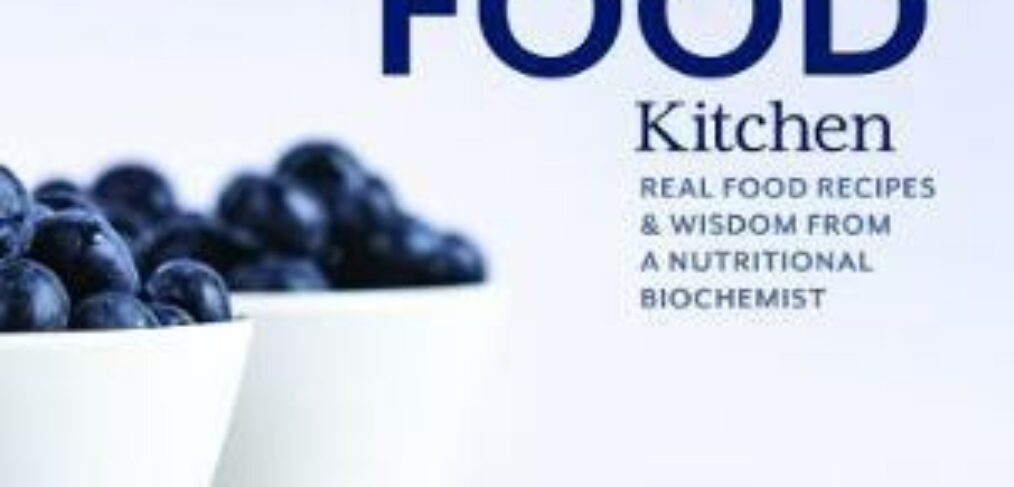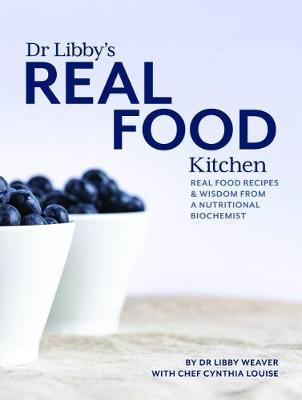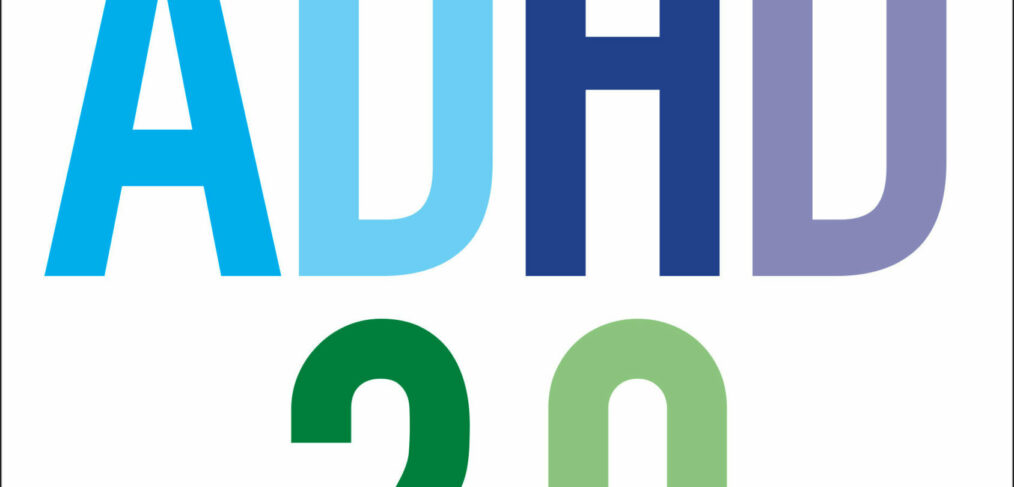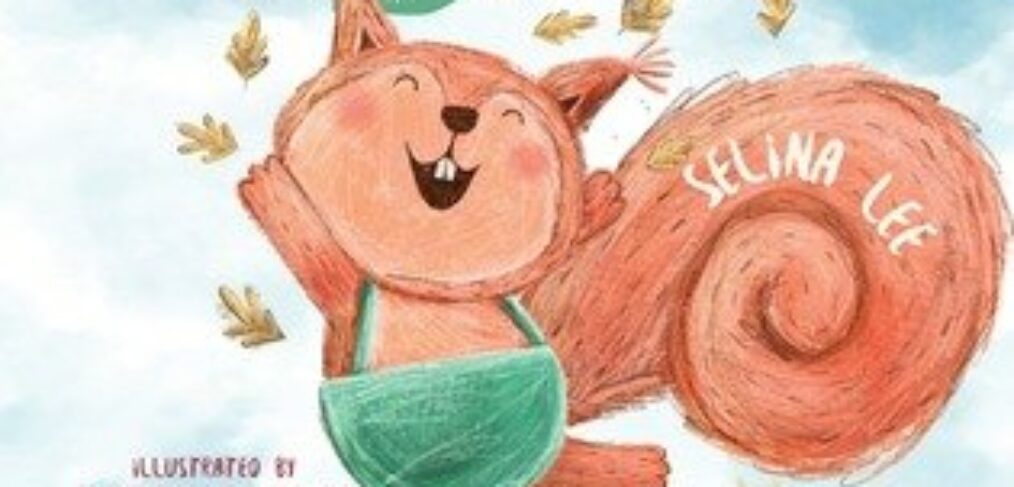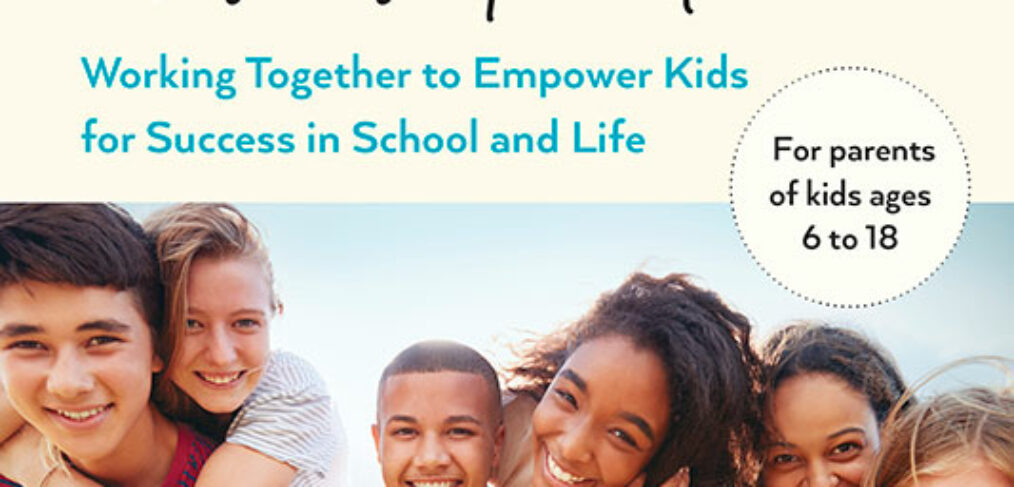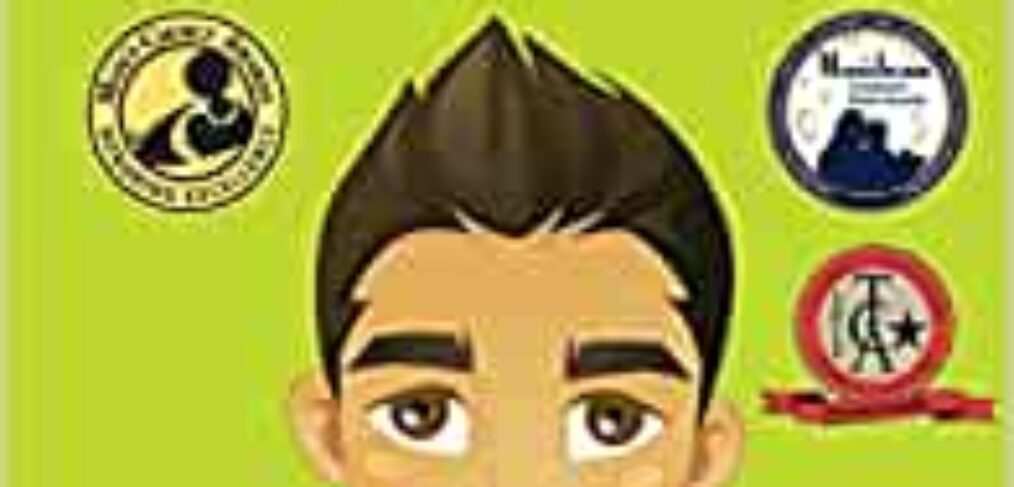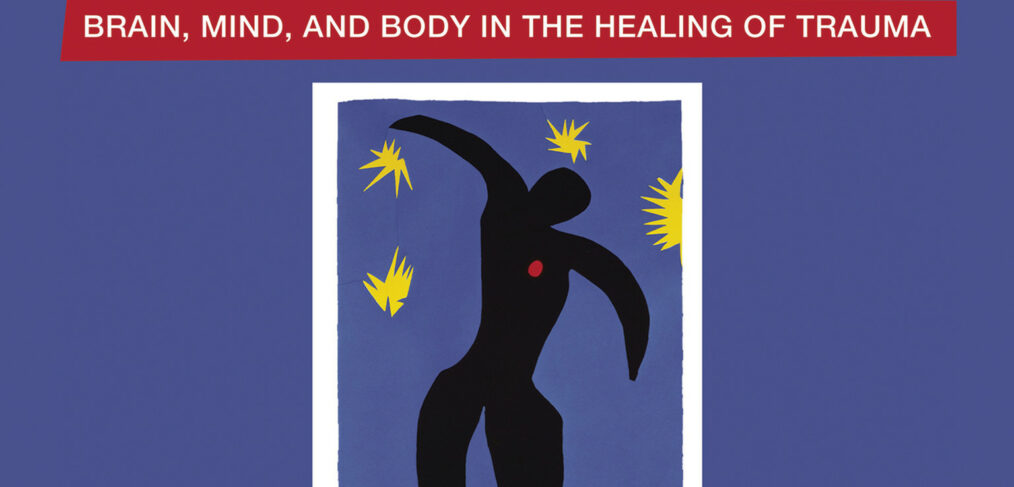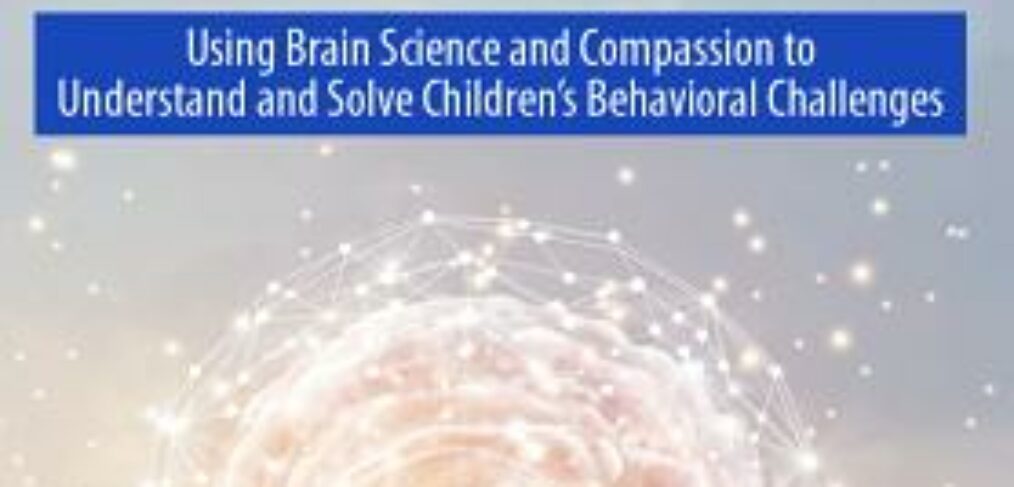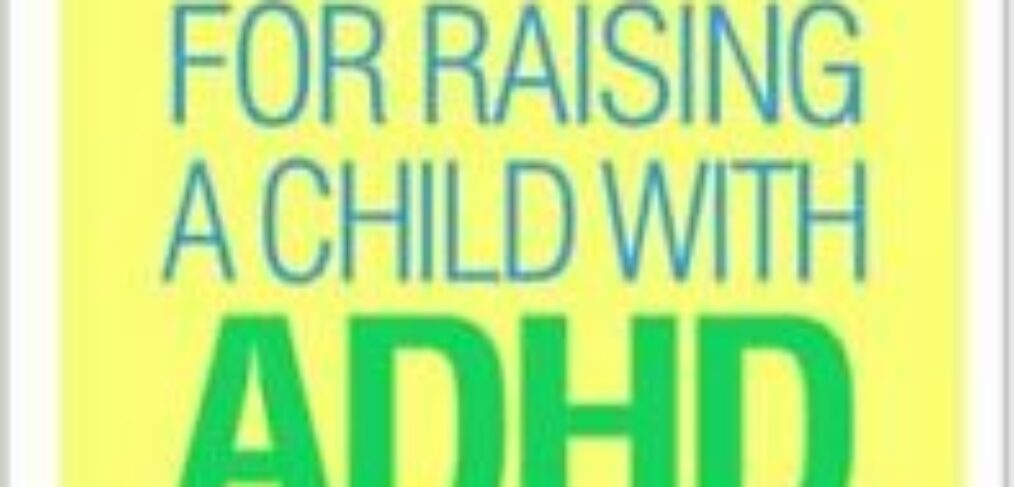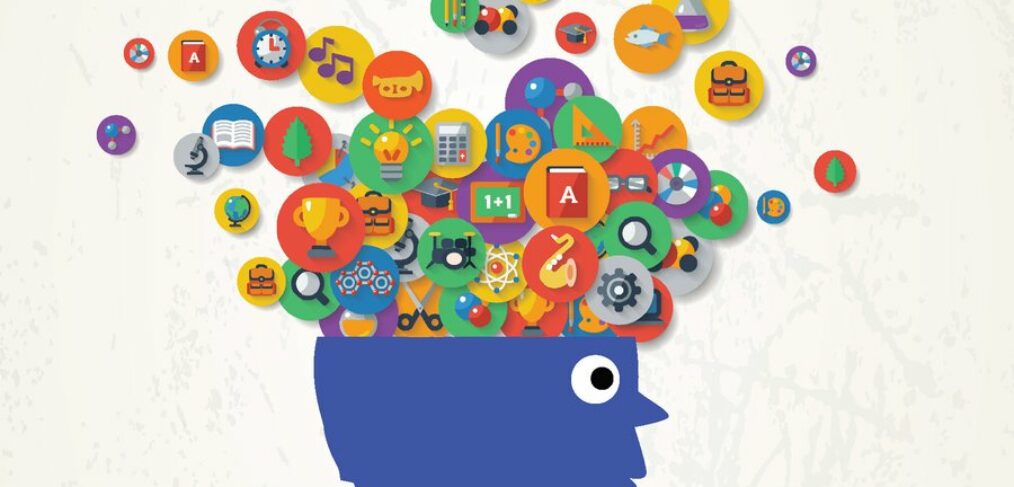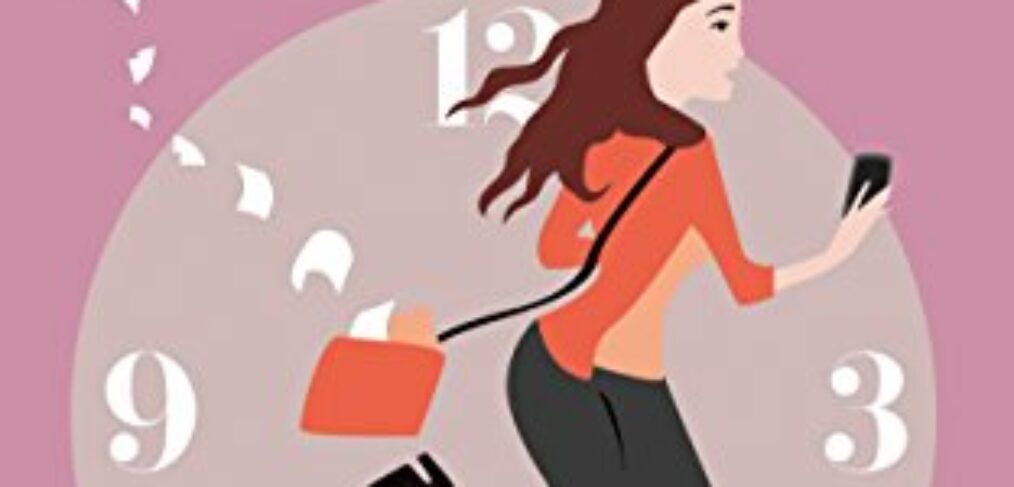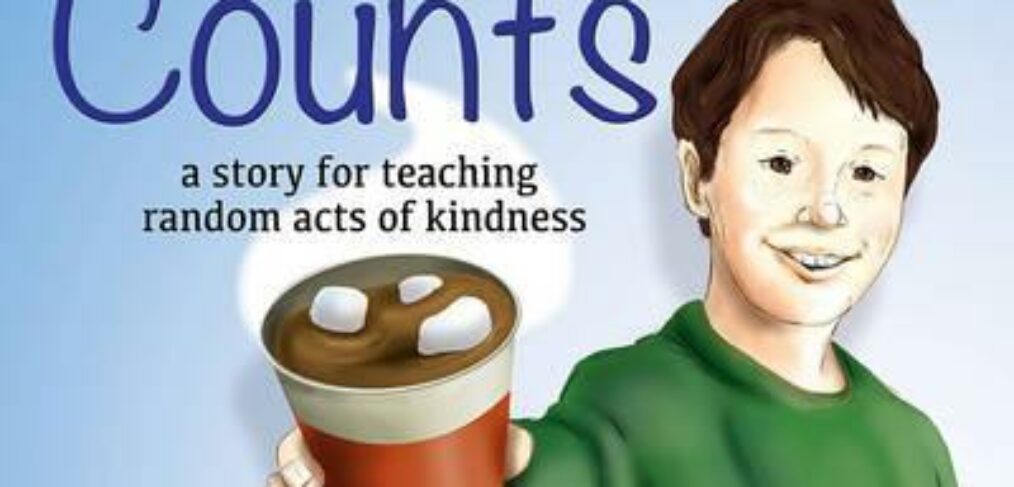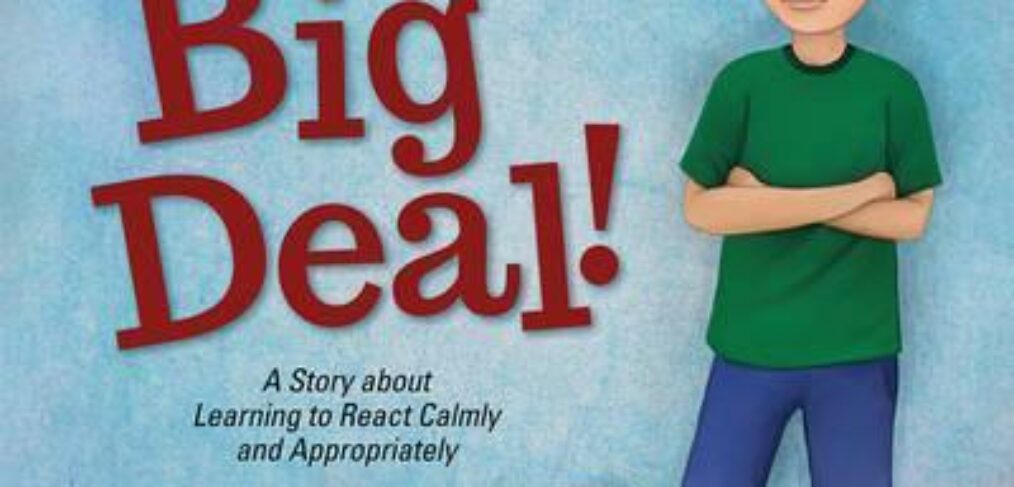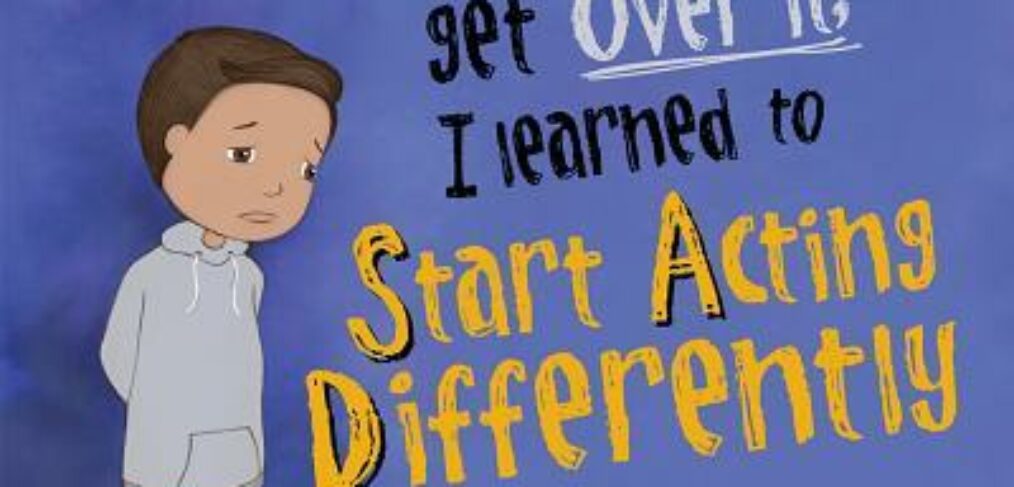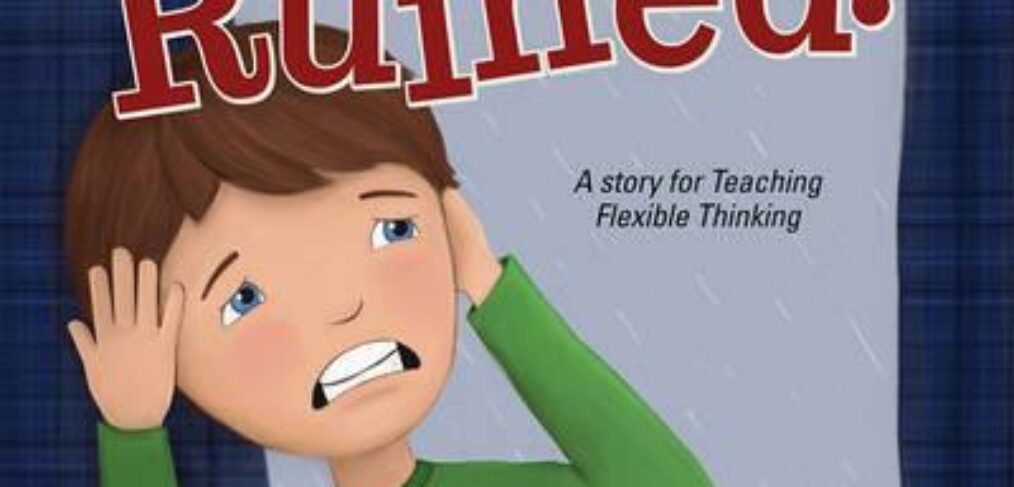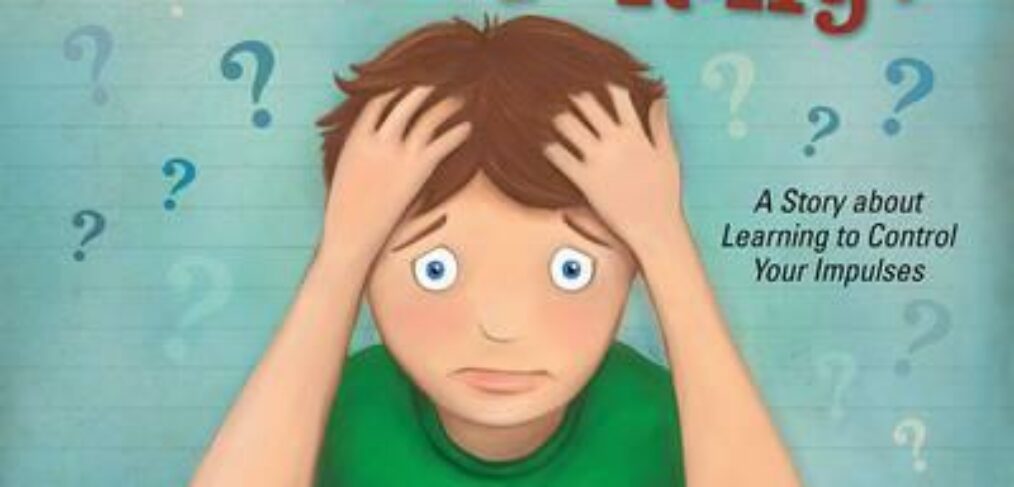Live boldly as a woman with ADHD! This radical guide will show you how to cultivate your individual strengths, honour your neurodiversity, and learn to communicate with confidence and clarity.
If you are a woman with attention deficit/hyperactivity disorder (ADHD), you’ve probably known-all your life-that you’re different. As girls, we learn which behaviours, thinking, learning and working styles are preferred, which are accepted and tolerated and which are frowned upon. These preferences are communicated in innumerable ways-from media and books to our first-grade classroom to conversations with our classmates and parents.
Over the course of a lifetime, women with ADHD learn through various channels that the way they think, work, speak, relate, and act does not match up with the preferred way of being in the world. In short, they learn that difference is bad.
And, since these women know that they are different, they learn that they are bad.
It’s time for a change.
A Radical Guide for Women with ADHD is the first guided workbook for women with ADHD designed to break the cycle of negative self-talk and shame-based narratives that stem from the common and limiting belief that brain differences are character flaws. In this unique guide, you’ll find a ground-breaking approach that blends traditional ADHD treatment with contemporary treatment methods, such as acceptance and commitment therapy (ACT), to help you untangle yourself from the beliefs that have kept you from reaching your potential in life.
If you’re ready to develop a strong, bold, and confident sense of self, embrace your unique brain-based differences, and cultivate your individual strengths, this step-by-step workbook will help guide the way.
